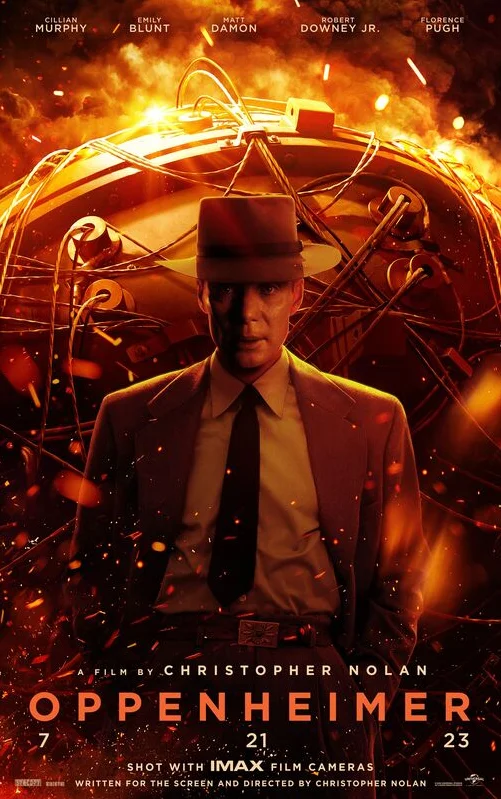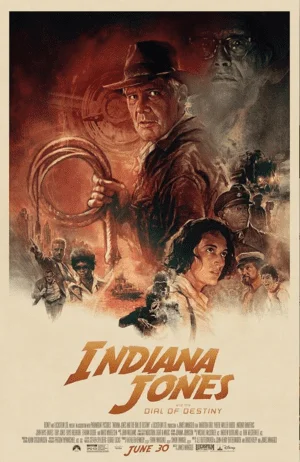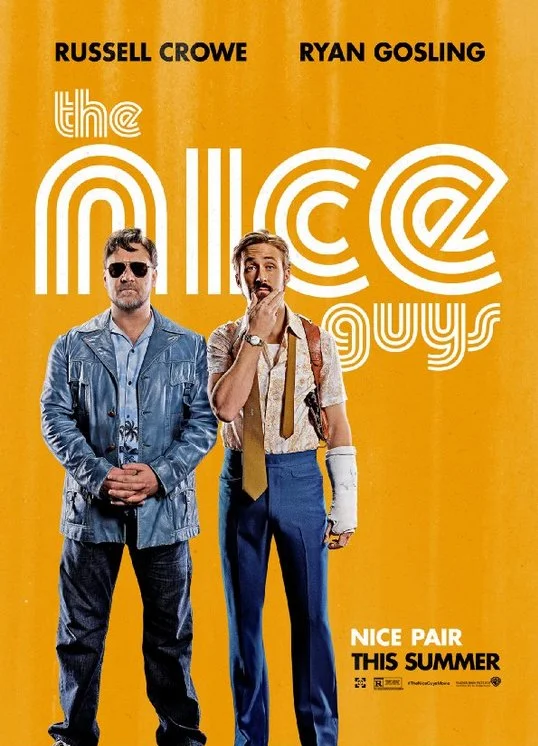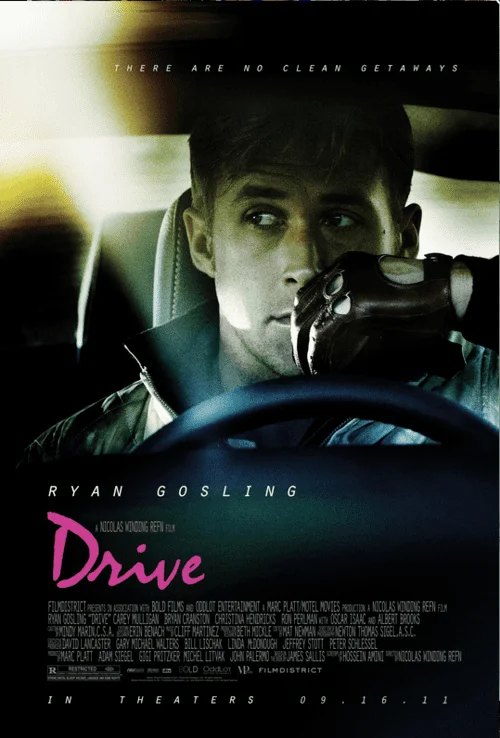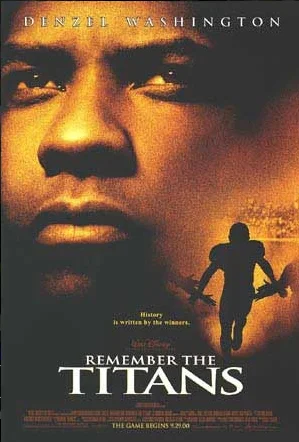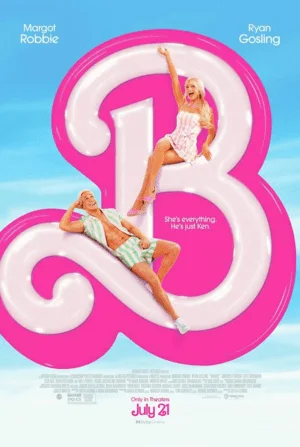
Barbie 4K 2023 WEBRip 2160p
Cast: Margot Robbie, Ryan Gosling, Issa Rae, Kate McKinnon, Alexandra Shipp, Emma Mackey, Hari Nef, Sharon Rooney, Ana Cruz Kayne, Ritu Arya, Dua Lipa, Nicola Coughlan, Emerald Fennell, Simu Liu, Kingsley Ben-Adir, Ncuti Gatwa, Scott Evans, John Cena.

A little doll is banished from the world of "Barbieland" for imperfections, after which she is forced to travel to the real world.
Barbie 4K Review
All is quiet in Barbieland. Barbies rule the town, while the Kens catch waves on the beach and enjoy the wonderful plastic world. Every day is perfect: disco parties, dancing, fancy costumes and no worries. But then one of the Barbies (Margot Robbie) starts to notice changes in herself: she contemplates death, cellulite appears on her flawless body, and worst of all... her feet become flat. With the help of Weird Barbie (Kate McKinnon), who lives in the suburbs of "Barbieland," Barbie learns that the causes of her deteriorating condition will have to be found in the real human world. In order to return to her former carefree state, Barbie needs to find the grown-up girl who played with her as a child. Since Ken (Ryan Gosling) can't be separated from Barbie for a minute, he too will travel to Los Angeles where he will learn about the patriarchal system, after which he will want to reform by returning to "Barbieland."
Mattel and Warner Studios have been developing a Barbie movie since 2009, during which time the project has changed a huge number of writers and directors, the furthest the baton went was a comedy with Amy Schumer, but the shop was shut down before production began. In retrospect, it's hard to imagine a more ideal candidate to direct than Greta Gerwig. The author of Lady Bird and Little Women cracked the code of mainstream feminist cinema and found access to the audience's most vulnerable points, particularly touching people who identify as women. Even in the big studio movies, from which corporations try to shake out the last vestiges of humanity by bringing the product to a sterile state, Gerwig managed to preserve a piece of the non-ideal human soul. "Barbie" was a small victory for independent filmmakers in big movies, managing to strike a balance between studio censorship and the ideas that live in small indie films.
"Barbieland" is the exact opposite of the modern world, there is a matriarchy, no one knows what aggression or depression is. When Barbie gets to reality, she gets an existential microstroke and for the first time she blows tears. Ken is conversely encouraged, seeing the patriarchal system as a chance to get out of Barbie's shadow. By bringing masculine ideas to Barbieland, Ken plunges the perfect plastic world into chaos. In Ken and Barbie's line of confrontation, Greta literally explains on dolls how the preponderance of power to one side or the other takes a toll on society. Unfortunately, even such a detailed explanation of a simple idea is not to everyone's taste, judging by the reaction to the defense of Ken's rights on the web. The most comical thing in this situation is that the same people who are offended by Ken's position in "Barbieland", write tracks with criticism of Margot Robbie's looks, thus reinforcing the conclusions made by Gerwig in the film.
The movie doesn't skimp on meta-irony and the characters make comical remarks about how Barbie (Margot) isn't good enough to be a real "Barbie," putting an end to a series of useless internet arguments. Gerwig uses the straightforwardness and pretentiousness of the campy aesthetic, certainly in keeping with the atmosphere of the colorful world of "Barbie," for a feminist manifesto with musical numbers and glitzy costumes. As with the director's previous directorial efforts, Geta literally infects the audience with love for women, reminding Barbie, Ken, and those in the middle alike that being yourself, despite all external circumstances, is good enough.
A titanic job was done by production designer Sarah Greenwood, creating a meticulously detailed Barbie world that triggers the memories of anyone who held the doll in their hands as a child. Gerwig has an eye for authenticity: from Robbie's arched feet to the angular movements of the actors, the entire opening 15 minutes of the movie immerses you in the abyss of the underlying sensations of playing with Barbie. The plastic world comes to life on the screen, recalling the viewer's memories and fulfilling a childhood dream for many.
Margot Robbie, contrary to the grumblings of internet critics, turns out to be the best Barbie one could wish for: her sensitive performance and atomic comedic potential demolish everything in her path. Gosling broadcasts a frenzied kenergy as the supporting character actor had room to go wild and even pulled the blanket over himself in some scenes. Rumors of a possible Oscar nomination are very likely to come true, only Daniel Day Lewis could outdo Ryan this year, but he retired, so the horizon is clear.
"Barbie" is a two-hour monologue about what it's like to feel like a woman in a patriarchal world, punctuated by Mattel commercial inserts. A campy, inclusive and touching movie that, thanks to a sweeping marketing strategy, gave viewers the opportunity to have a holiday: dress in pink and have a good time. At the same time, "Barbie" managed to maintain the bar set by the hype and meet the inflated audience expectations. We laughed, cried, returned to the real patriarchal world, but at least with a warmth in our chests and Ken's song in our heads.
File size: 19.9 GB
Trailer Barbie 4K 2023 WEBRip 2160p
Latest added movies
Comments on the movie
Add a comment
 like
like do not like
do not like